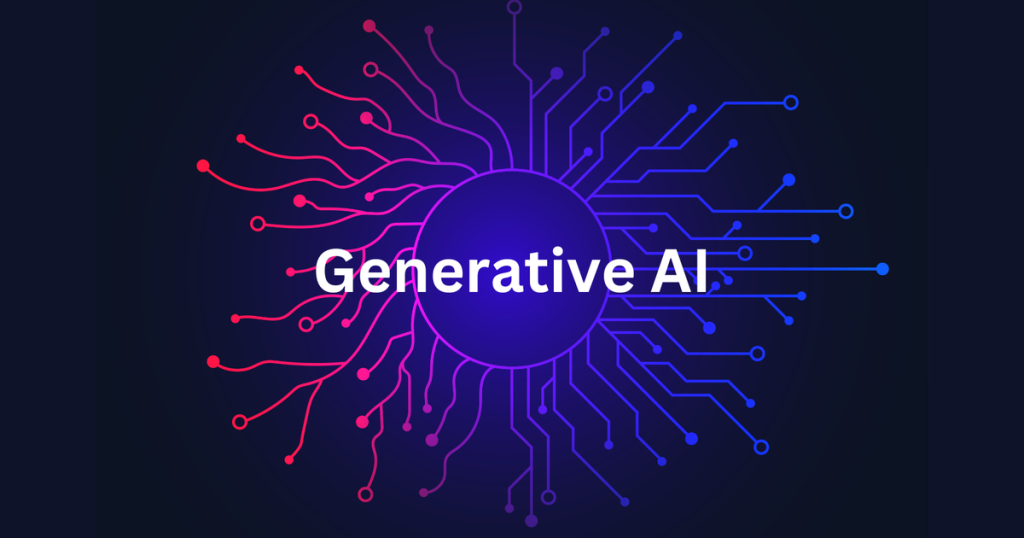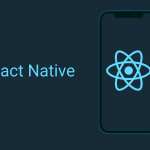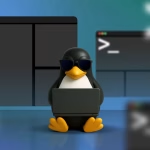Generative AI is a subfield of artificial intelligence that uses generative models to produce text, images, videos, audio, software code or other forms of data.
The rise of artificial intelligence has transformed countless industries, and software development is no exception. Among the leading forces behind this change is OpenAI, whose generative AI models are redefining how code is written, tested, and optimized. Tools such as ChatGPT, GitHub Copilot, and other AI-powered assistants are not only speeding up the development process but also democratizing access to programming knowledge. The result is a revolution in how developers create, collaborate, and innovate.
Table of Contents
The Evolution of AI in Software Development
Traditionally, programming required deep technical expertise and extensive problem-solving skills. However, the introduction of AI tools has shifted this dynamic. Early AI-assisted programming focused on automation tasks like syntax correction, debugging, and code completion. But generative AI has taken this several steps further by enabling machines to understand natural language, generate entire code blocks, and even suggest architectural improvements. This evolution has reduced the time spent on repetitive coding tasks and increased overall productivity.
How OpenAI is Leading the Change
OpenAI has been at the forefront of this transformation. Its models, trained on vast amounts of data, can interpret human prompts and produce coherent, functional code in multiple programming languages. Developers can now describe what they want in plain English, and the AI converts it into working code. This capability bridges the gap between technical and non-technical users, making programming more accessible to beginners while enhancing efficiency for professionals.
GitHub Copilot, powered by OpenAI’s Codex model, is one of the best examples of this collaboration. Acting as an AI pair programmer, it suggests code snippets, detects potential errors, and even recommends best practices. This tool allows developers to focus more on problem-solving and creativity rather than routine syntax writing.
Generative AI’s Role in Enhancing Creativity
One of the most significant impacts of generative AI in coding is its ability to enhance creativity. By analyzing massive code repositories and identifying patterns, AI tools can generate innovative solutions to complex problems. They can offer new approaches to data handling, user interface design, and algorithmic efficiency. For example, AI can recommend optimal data structures, optimize loops, or refactor existing code for better performance.
Moreover, these tools help in brainstorming and prototyping. Developers can quickly generate multiple variations of a solution and test them instantly, leading to faster experimentation and better end results.
The Democratization of Coding
Perhaps the most profound change brought by OpenAI and similar tools is the democratization of coding. Non-developers can now build functional applications without formal programming training. Entrepreneurs, students, and researchers can bring their ideas to life using natural language prompts. This opens the door to a new generation of creators who can focus on problem-solving rather than syntax mastery.
This democratization also impacts education. Coding is becoming less about memorizing commands and more about logical thinking and creativity. AI tools act as real-time mentors, guiding beginners and helping them learn faster through practical examples.
Challenges and Ethical Considerations
While the benefits of generative AI are immense, there are also challenges that must be addressed. One major concern is code reliability. AI-generated code may contain hidden vulnerabilities or inefficiencies, making thorough human review essential. Additionally, there are questions about intellectual property and authorship — when AI generates a piece of code, who owns it?
Another concern is over-reliance. If developers depend too heavily on AI tools, they may lose some problem-solving skills over time. Striking a balance between automation and human judgment is key to ensuring sustainable growth in software development.
The Future of AI-Powered Coding
The future of generative AI in programming looks promising. As models become more advanced, they will be able to handle larger projects, understand context more deeply, and even collaborate across different technologies. Future tools will integrate seamlessly with development environments, automating testing, deployment, and optimization.
Conclusion
OpenAI and generative tools are reshaping the software development world by making coding faster, smarter, and more accessible than ever before. They are redefining what it means to be a developer and breaking barriers that once limited innovation. The future of coding will be built on a partnership between human creativity and machine intelligence a future where developers can dream bigger, build faster, and create smarter solutions that shape the digital world of tomorrow.
Also Check How DevOps Is Evolving – Comprehensive Guide – 2025







1 thought on “Generative AI is Changing Coding – Free Ultimate Guide 2025”